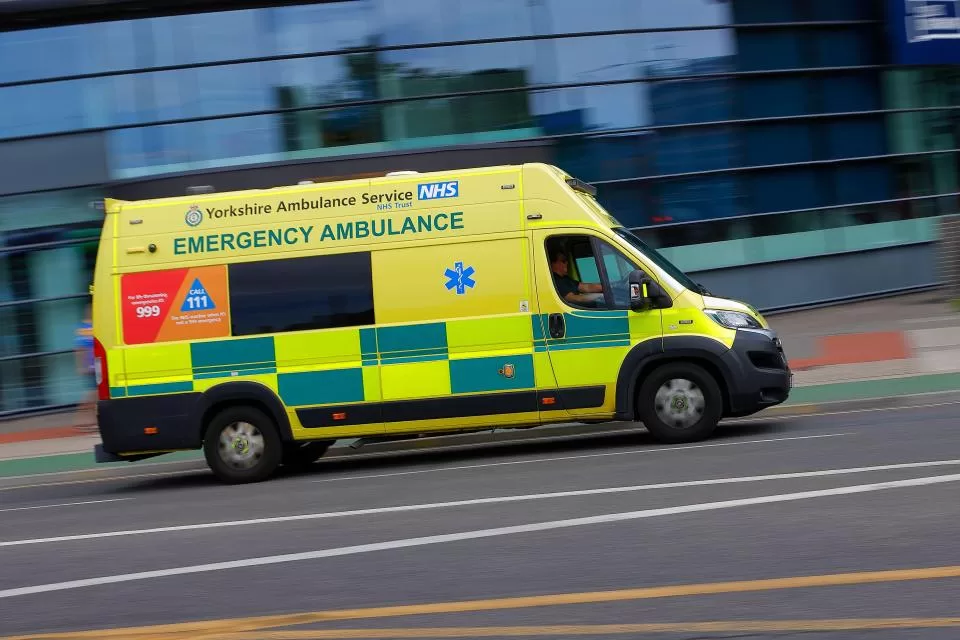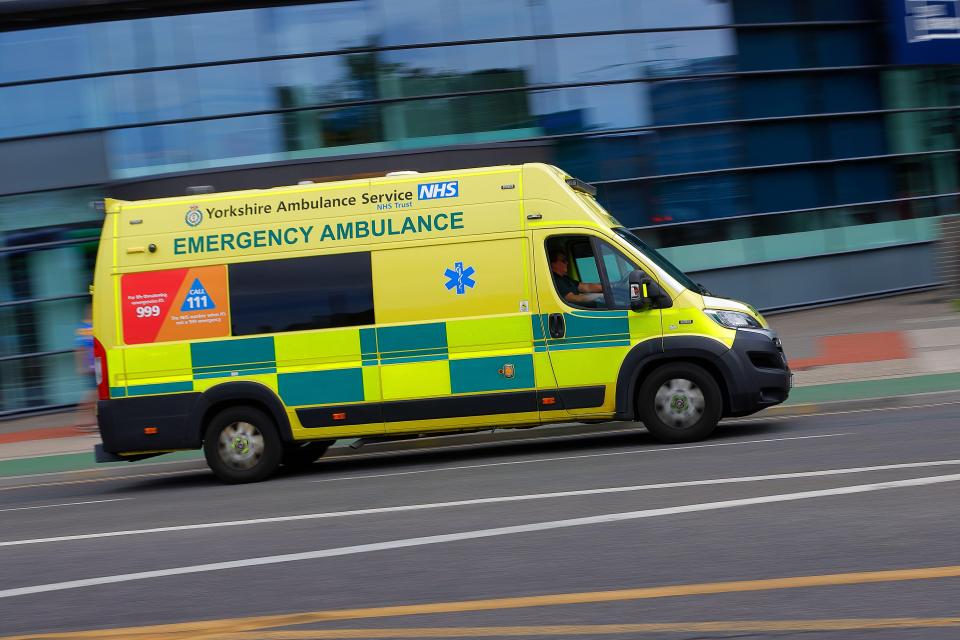AMBULANCE and A&E bosses warn more patients are falling critically ill because they fail to get help from their GP.
Health chiefs are preparing for a “tough winter” with added strain because frontline family doctors and pharmacies are overwhelmed.
They say work-to-rule protests by GPs in the British Medical Association could add to their woes.
And seven out of 10 think they will fail to deliver Labour’s plan to cut the waiting list backlog.
Most have already spent the £22billion cash boost from the Budget, they said.
Saffron Cordery, deputy chief of NHS Providers, which represents hospital bosses, said: “The NHS has had its busiest ever summer and won’t get a moment’s respite in winter.”
If general practice is to survive it needs to be properly resourced
Dr David Wrigley
Casualty visits and ambulance calls are already at near-record levels this year.
One senior NHS manager, who did not want to be named, said: “Demand is up compared to last year.
“Primary care doesn’t have the capacity to look after all the people on the patient lists so people are getting sicker and then using emergency care.
“It looks like it’s going to be a really tough winter.”
Another added: “There is no doubt that if GPs’ collective action gains traction then it will impact in the dead of winter.”
Dr David Wrigley, of the British Medical Association, said: “The BMA has repeatedly warned both the previous and current Government about this.
“If NHS general practice is to survive into next year it needs to be properly resourced.”
Professor Kamila Hawthorne, chair of the Royal College of GPs, added: “Patient need for our care has grown significantly in recent years but has not been met with an increase in GPs.
“Our patients are our number one priority, and it will be deeply concerning that some may be seeing their conditions getting worse and seeking treatment elsewhere.”
Hospitals ‘too busy to clear backlog’
Almost all hospital chiefs – 96 per cent – are worried about the cold season.
They say children’s services and mental health services are buckling under the weight of demand.
Day-to-day struggles mean clearing the treatment backlog is unlikely, they warned.
Labour said it would hit the NHS target of treating 92 per cent of waiting list patients within 18 weeks within five years.
There are currently 6.4million people waiting and about 58 per cent get sorted within the target time.
Ms Cordery added: “There will be progress but our survey shows NHS trust leaders say meeting the 18-week standard is going to be incredibly hard.
“The £22billion budget funding is across two years and it needs to cover significant costs that are already allocated.”
A spokesperson for NHS England said: “General practice is under huge pressure and experiencing record demand.
“We are monitoring the impact of collective action to ensure the needs of patients are being met.”
When to call 999 for adults and children
You should call 999 in life-threatening emergencies.
For adults, this includes:
- Signs of a heart attack (chest pain, pressure, heaviness, tightness, squeezing)
- Signs of a stroke (face dropping on one side, unable to hold both arms up, difficulty speaking)
- Sudden confusion (doesn’t know own name)
- Suicide attempt
- Severe difficulty breathing (unable to speak, choking, gasping)
- Choking
- Heavy bleeding (spraying, pouring, making a puddle)
- Severe injuries (after a serious accident or assault)
- Seizure
- Sudden and rapid swelling (lips, mouth, throat, tongue)
For children, this includes:
- Seizure
- Choking
- Difficulty breathing (grunting noises, stomach sucking under rib cage)
- Unable to stay awake (can’t keep eyes open for more than a few seconds)
- Blue, grey, pale or blotchy skin, tongue or lips
- Limp and floppy (head falls to the side, backwards or forwards)
- Heavy bleeding (spraying, pouring, making a puddle)
- Severe injuries (after a serious accident or assault)
- Signs of a stroke (face dropping on one side, unable to hold both arms up, difficulty speaking)
- Sudden and rapid swelling (lips, mouth, throat, tongue)
- Sudden confusion (agitation, odd behaviour, non-stop crying)
Source: NHS

